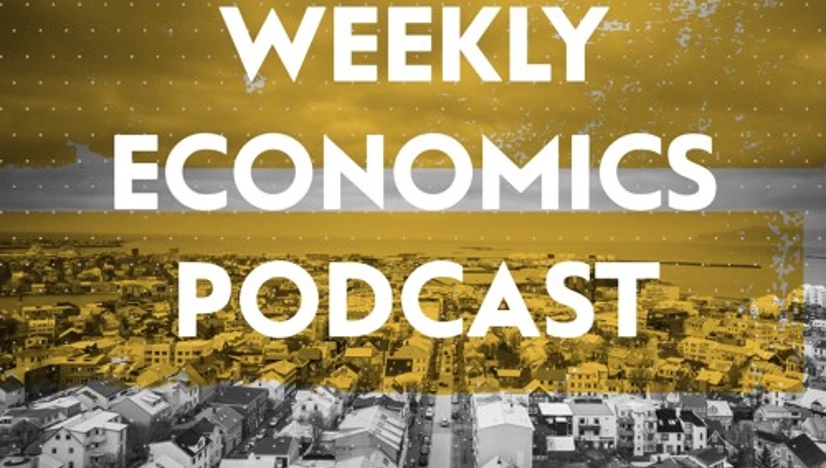Universal Basic Services
New Economics Foundation, 2019
Our public services are in dire need of investment. But in the middle of a debate over competing spending plans, isn’t it also time to ask what we want our public services to actually do for us? That’s the view of group of economists and campaigners who are pushing for something called ‘Universal Basic Services’ – a radical expansion of high-quality public services for all to areas like transport, childcare and social care. More than 70 years after the creation of the welfare state, is it time to reimagine the public services we should all expect? Ayeisha is joined by NEF Principal Fellow Anna Coote and openDemocracy Economics Editor Laurie Macfarlane.
Comment from our editors:
This podcast provides an easy introduction to the topic of Universal Basic Services (UBS) and can be recommended to anyone who is already interested in Universal Basic Income but has not yet heard of UBS. Analogous to Universal Basic Income (UBI), the idea is that certain services should be provided collectively and unconditionally for all. While this may sound like a utopian idea, the podcast points out that some universal services already exist, such as healthcare in the UK, public libraries or school education. An interesting aspect is that advocates of UBS reject the idea of neoclassical economics, arguing that the private market is most efficient in providing goods and services. Instead, they emphasize that publicly provided goods tend to be both more cost-effective and more sustainable.
Go to: Universal Basic Services

